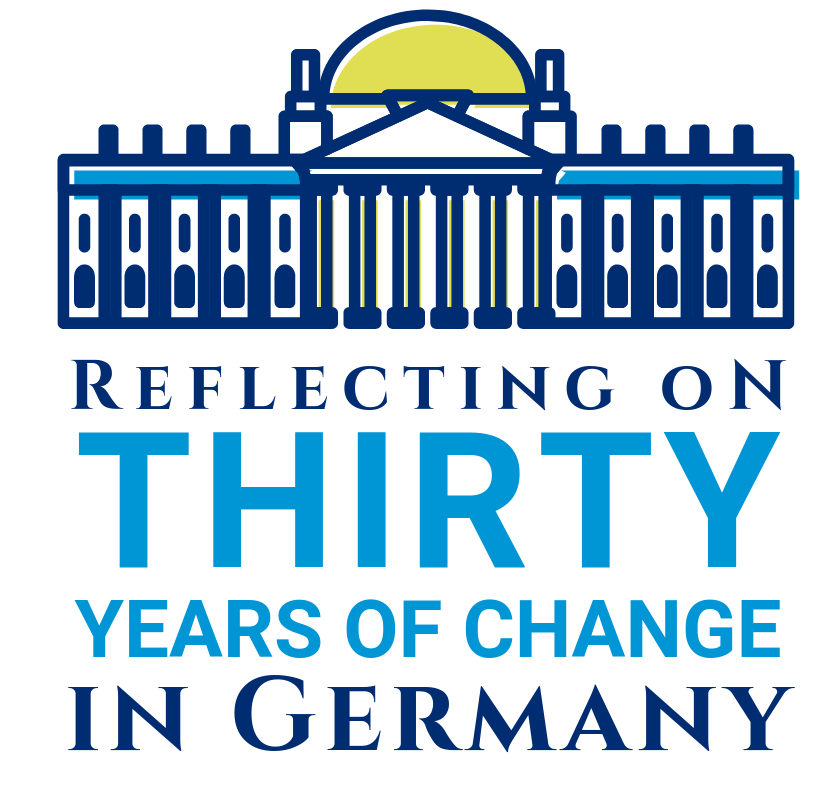
SSGT F. Lee Corkran/U.S. Dept. of Defense via Flickr
Inner Unity Revisited
Convergence Amid Differentiation

Do the terms East and West still matter in unified Germany? The short answer is yes, in particular when analyzing selected elements of voting patterns, living standards, religious affiliation and, softened by generational and regional differences, mutual perception. Nevertheless, chances are that for every measure in continued difference, one can find one of harmonization. Depending on measurement, a variegated picture emerges in which North-South and rural-urban diversity join the East-West pattern of differentiation. Dr. Helga Welsh will illustrate these dynamics with regard to regional inequality, demographic change, and demands for direct democracy. East and West are constructs which emphasize otherness. Surrendering them to a less dominant place in the discourse acknowledges that inner unity is not uniformity and that today’s political, economic and social challenges are affecting Germany as a whole even if the urgency differs from region to region.
Join AGI for the second seminar in a series on the 30th anniversary of the fall of the Berlin Wall.
Helga A. Welsh is Professor of Politics and International Affairs at Wake Forest University. Her publications have focused on the history and politics of the former East Germany, German unification, transitional justice, the reform of higher education in Germany, and democratization processes in Central and Eastern Europe. She has published a book on denazification in the former East Germany and co-edited a book on German unification. Her most recent book (co-authored with Christiane Lemke) is Germany Today. German Politics and Policies in a Changing World (Rowman and Littlefield, 2018). Her articles have appeared in journals such as Comparative Politics, European Journal of Education, Europe-Asia Studies, German Politics, German Politics and Society, and West European politics. She is one of the editors of “German History in Documents and Images,” a project administered by the German Historical Institute in Washington, DC. She served as co-editor of German Politics from 2014-2019.
Location
AICGS
1776 Massachusetts Avenue NW | Suite 600 | Washington, DC






